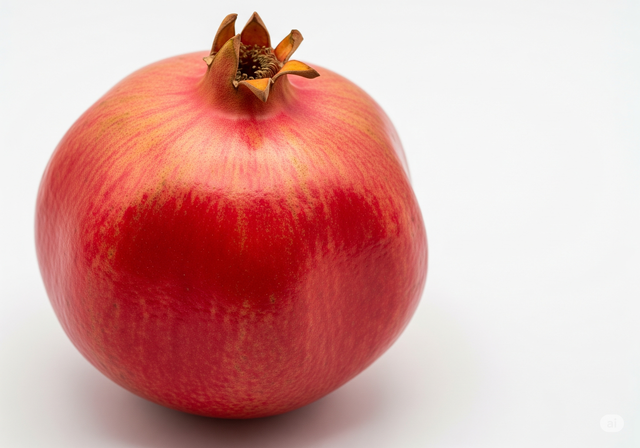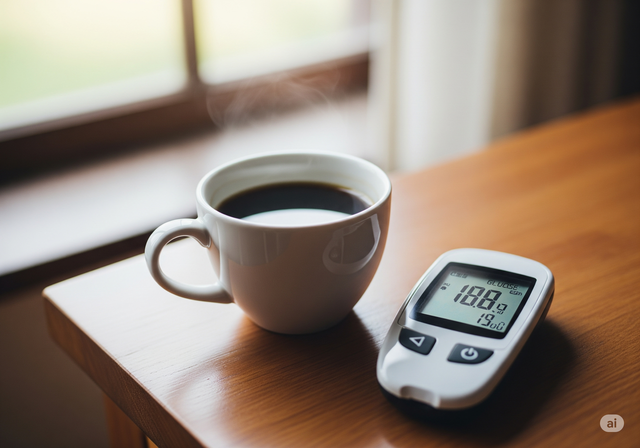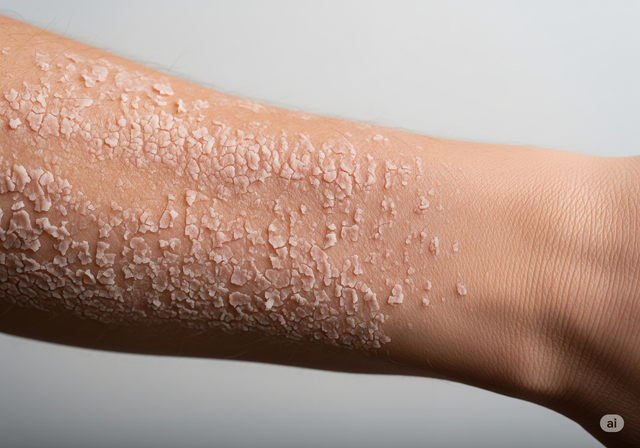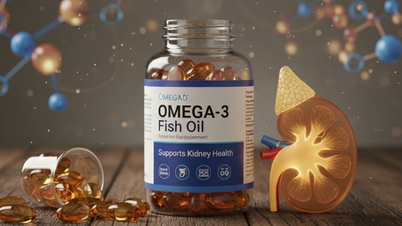Starting the day with health news , readers can also read more articles: Surrogacy: Important changes from October 1, 2025; What happens to blood sugar when you drink coffee every day?; 6 signs of kidney 'crying for help' often seen on the hands but few people notice...
4 types of fruit you should eat every day to improve liver and kidney health
The liver and kidneys are two internal organs that help filter toxins and maintain homeostasis in the body. One of the simple yet effective ways to improve liver and kidney health is through nutrition.
To maintain liver and kidney health, people should regularly eat the following fruits:
Plum. Plum is a small, oblong fruit with a skin so dark purple that it almost turns black. It is rich in anthocyanins, powerful antioxidants that reduce inflammation and protect liver cells from oxidative damage.
According to a study published in the Journal of Food Science and Technology , extracts from the fruit have been shown to reduce liver enzyme levels. This suggests a clear liver-protective effect.
In addition, the fruit also helps improve insulin sensitivity and stabilize blood sugar. This indirectly supports liver and kidney function because the liver is an organ often affected in metabolic disorders. The fruit is also rich in vitamin C and fiber, supporting the body's natural detoxification process.

Pomegranate contains many nutrients that are good for the liver and kidneys.
PHOTO: AI
Pomegranate. Pomegranates are one of the fruits with the highest concentration of polyphenol antioxidants, especially punicalagin. Polyphenols have been shown to reduce inflammation and improve kidney function. A study published in the journal Clinical Nutrition found that regular consumption of pomegranate juice reduced markers of oxidative stress in dialysis patients, thereby supporting kidney function.
Pomegranates also help improve blood circulation. This is important because the kidney's blood filtering function depends on blood circulation.
In addition, pomegranate also low blood pressure, which is a major risk factor for chronic kidney damage. The next part of this article will be on the health page on July 29 .
What happens to your blood sugar when you drink coffee every day?
Drinking coffee every day can cause blood sugar levels to spike or crash. The effects depend on your metabolism, whether you drink the coffee on an empty stomach or full stomach, and how much caffeine you consume.
Experts say the extent of the effects depends on the dose, your body, when and how you drink coffee. In some people, caffeine in coffee can increase blood sugar levels in the short term and affect insulin response, especially those with insulin resistance, prediabetes or type 2 diabetes.

Caffeine is absorbed more quickly on an empty stomach, which can cause a sudden spike in blood sugar, especially if the coffee contains added sugar.
Photo: AI
Caffeine stimulates the body to release stress hormones like adrenaline, which interferes with insulin production. It also stimulates the liver to release stored glucose, making it harder for cells to absorb this excess sugar, causing blood sugar to rise.
Drinking coffee on an empty or full stomach can also make a difference. According to nutritionist Candace Pumper of Ohio State University (USA), caffeine is absorbed more quickly on an empty stomach, which can cause a sudden spike in blood sugar, especially if the coffee has added sugar. However, this effect is usually short-lived.
Dr. Andrew Odegaard, from the University of California, (USA), said that long-term studies show that drinking coffee regularly can help reduce the risk of type 2 diabetes. The reason is that coffee contains compounds with antioxidant and anti-inflammatory properties, which help neutralize some of the negative effects of caffeine. The next content of this article will be on the health page on July 29.
6 signs of kidney 'crying for help' often seen in the hands but few people notice
For kidney disease, early warning signs will not appear on the skin. However, as the disease progresses, one or more of the following symptoms may appear.
Dry and itchy skin. Skin can become so dry that it feels rough and scaly, tight and cracked, or appear scaly. Extremely dry skin is common in people with end-stage kidney disease.
Severe itching is a common symptom of end-stage kidney disease. The itching can range from annoying to constant.
Some people experience itching in one area of skin. The itching may also spread to most of the body, especially the hands.

Skin that is so dry that it feels rough and scaly is common in people with end-stage kidney disease.
Illustration: AI
Skin discoloration. When the kidneys are not working properly, toxins build up in the body. This buildup can cause changes in skin color. The person may notice pale, gray, or yellow skin; dark patches may appear on the hands.
Nail changes. Kidney disease can affect the appearance of fingernails, toenails, or both. People with advanced kidney disease may have white on the top of one or more nails and normal to reddish-brown on the bottom, a condition called “half-and-half nails.”
Swelling in the hands. The kidneys are responsible for removing excess fluid and salt from the body. When the kidneys are no longer able to do this, fluid and salt build up in the body. This causes swelling, which can occur in the legs, ankles, feet, or hands. Start your day with health news to see more of this article!
Source: https://thanhnien.vn/ngay-moi-voi-tin-tuc-suc-khoe-muon-gan-than-khoe-dung-quen-loai-trai-cay-sau-185250728230100564.htm


![[Photo] Prime Minister Pham Minh Chinh receives the delegation of the Semiconductor Manufacturing International (SEMI)](https://vphoto.vietnam.vn/thumb/1200x675/vietnam/resource/IMAGE/2025/11/06/1762434628831_dsc-0219-jpg.webp)


![[Photo] Closing of the 14th Conference of the 13th Party Central Committee](https://vphoto.vietnam.vn/thumb/1200x675/vietnam/resource/IMAGE/2025/11/06/1762404919012_a1-bnd-5975-5183-jpg.webp)











































































































Comment (0)